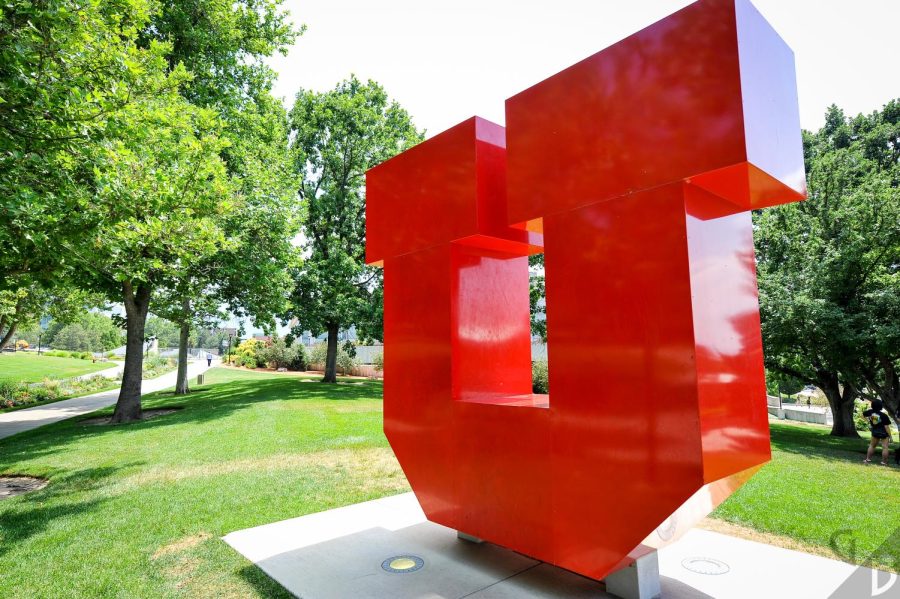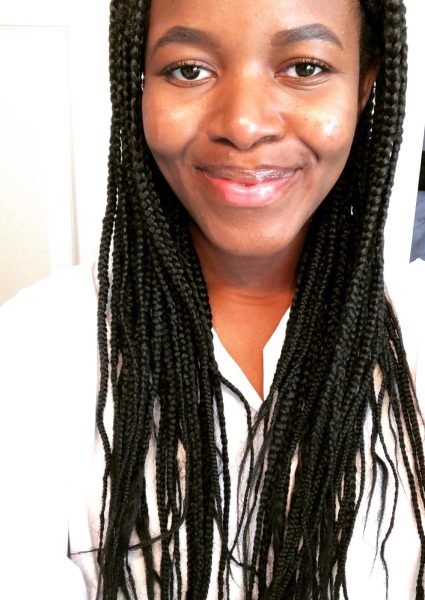College is often called the best years of a person’s life. We must protect these years by encouraging people to be who they are in a safe and nurturing environment.
Affinity groups all around campus must begin taking strides to encourage intersectional conversations to help combat the hostile and unpleasant Utah environment. Creating spaces where students can come and discuss their experiences will be what helps us persevere through this challenging time.
Next Stop, Intersectionality
Intersectionality is a word coined in the twentieth century by activist and academic Kimbrelé Crenshaw to highlight the silent voices and perspectives in many advocate spaces.
This term strives to emphasize that humans and people are made up of varying identities, perspectives and voices that need to be recognized and valued.
As the new era continues without diversity, equity and inclusion, the task of intersectionality falls on students to bring about these spaces to enrich our communities.
Multicultural groups are responsible for ensuring students have the space to express themselves in nonlimiting ways.
Anoushka Yadav, an Indian American student, discussed how her Indian identity intersected with her Asian-American identity.
“A lot of people would always tell me how I don’t count as Asian because India is not part of Asia,” she said.
Though India is geographically located in the continent of Asia, Indians are strikingly left out of the Asian identity conversations because of their appearances.
It is imperative to hold conversations and discussions about how our race, class, sexuality and ethnicity all affect the ways we navigate the world. We cannot ignore how crucial it is in growing into our adulthood and future endeavors.
“Being a part of ASA and having these identity conversations has helped me realize that I am Asian American and that my identity is just as important as other Asian American identities.” Yadav continued.
No Time For Shyness
Navigating the process of discovering who we are can be both the most rewarding and the scariest part of college.
Many college students are raised to be self-conscious of their physical appearance, such as how our race and ethnicity are presented in the world and how this affects our experiences.
However, when it comes to our invisible diversity such as our socioeconomic class, disabilities and sexuality, we can mask these identities without much worry of outside judgment. Nevertheless, this does not mean that these identities do not play a critical role in who we are and how we experience the world. Continuing to ignore or mask these identities due to the fear of being judged and outcasted will not help improve our lives and our communities.
To begin, we need more initiatives by multicultural groups and clubs to engage in sometimes uncomfortable discussions that will uncover the lacking system that ignores and hides the effects these identities have on our daily lives and our experiences.
Yadav reminisced on her role as ASA’s Director of Social Justice.
“In my role and from what I’ve seen, a lot of people … tend to shy away from discussing identity politics. It could be out of fear, or it could also be that they don’t want to get into it because it’s too complicated,” she said.
This does not mean encouraging oppression wars, but rather understanding how our identities can intersect with one another. These identities will inevitably greatly change how we experience the world around us, despite having varying connections. We cannot expect people just to focus and choose one identity to identify with because that is not how humans are made.
No More Oppression Olympics
When it comes to having these types of conversations it can easily turn into oppression Olympics, in which we feel as if we must be the most oppressed person in the room. However, this mindset does not lead to any conscious advancements.
Rather, we should focus our energy on how our different identities will affect how we are treated in the world and our respective communities, which makes these perceptions problematic.
In the past few years, we’ve witnessed how the mindset of oppression Olympics has created many problems. This mindset that there must be one most oppressed group creates a diversion in advocacy and activism spaces.
We must remember it is okay to have privileges, but it is not okay to weaponize these privileges for the sake of keeping our supremacy.
We must acknowledge that there are differences between members of our communities and that it is important to understand why these differences are important to address and nurture.
All affinity and multicultural groups must understand that we are all complex human beings with differing desires, perspectives and voices.











